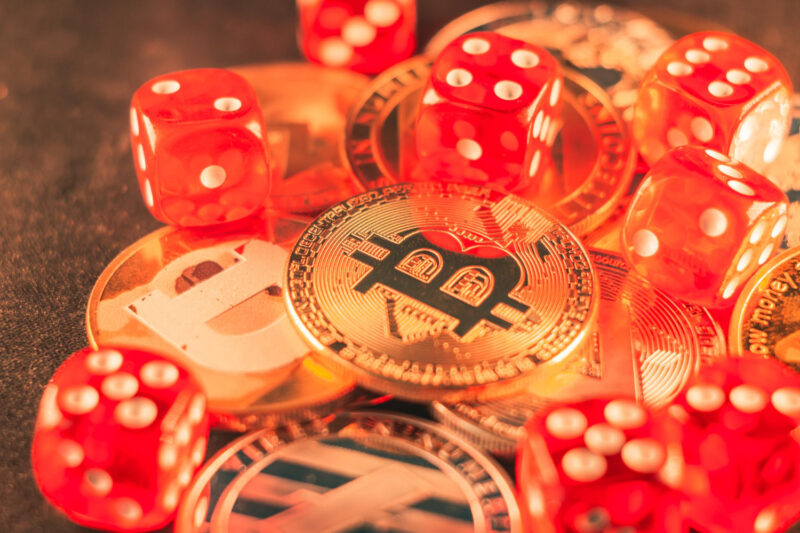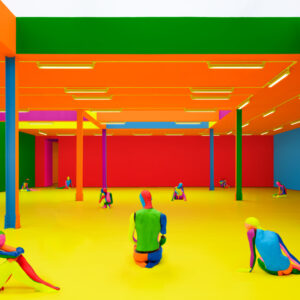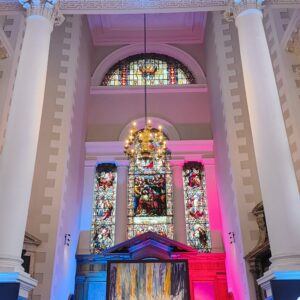NFTs have indeed traveled far from their humble beginnings with the concept of quirky digital art based on a blockchain. From the very start, it seemed like a fad, running down to the very last. As it turns out, it was possibly the most flexible tool that anyone in any sector had come across. In 2024, NFTs are no longer just about owning a piece of digital art or simply flashing a rare collectible. Across the domains, from real estate transactions to transforming loyalty programs, the results have simply been mind-blowing.
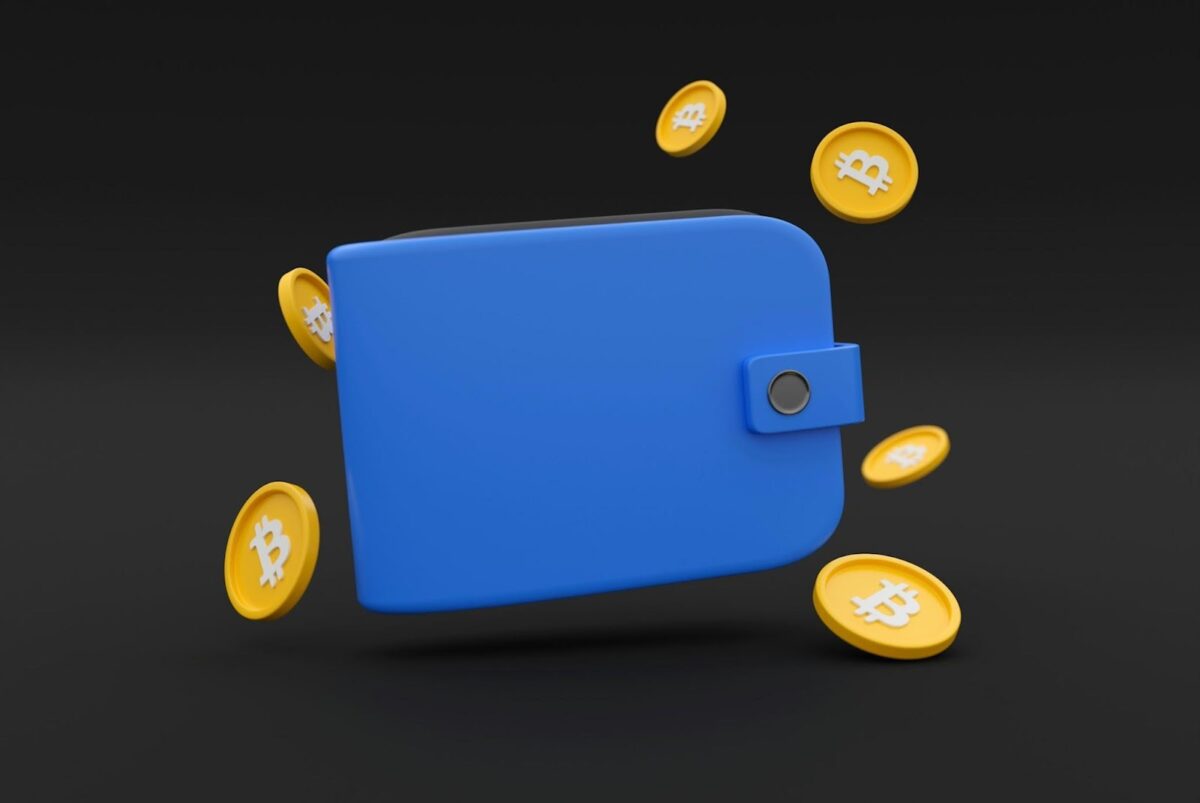
NFTs and Real Estate
A classic example is, of course, real estate. Now, you might ask, “What has buying a house got to do with an NFT?” In fact, NFTs are used as representations of ownership within physical property. Just imagine it: instead of processing mountains of paperwork, you could buy or sell property in just one blockchain transaction.
And it doesn’t stop there. Some platforms are even integrating NFTs into the world of online betting, where you can bet on the future value of real estate or other assets. On this website, you can find various more classic options for making bets. This brings a whole new level of speculation and investment opportunities to the market, allowing people to place bets on properties they believe will increase in value, all through the use of NFTs.
And this isn’t just some techy dream. Businesses are already attempting to tokenize real estate—that is, making property into NFTs to buy, sell, or even fractionalize. Want to get in on that luxury condo in Manhattan but can’t drop millions on it? No problem—buy a share of the property as an NFT, and you’re a part-owner. It democratizes real estate investing and makes participation in the market possible and accessible to people who otherwise could never have had such dreams.
Another interesting aspect is that this case of NFT-backed real estate transactions is as secure as possible. With blockchain technology, every transaction is made transparent and impossible to alter, thus avoiding fraud. So, NFTs are changing the game for markets rife with property fraud.
What’s more, with available smart contracts—that is, self-executing contracts with the agreement’s terms between buyer and seller directly written into code—escrow considerations and functions can be automated, which eventually saves time and makes the process quicker.
NFTs as Tickets
Concerts, sports events, and even conferences are not falling behind in using NFTs, not as a form of ticket but as one that offers extra value to fans. An NFT ticket is not just a pass to enable one at an event, but it’s a collectible, a keepsake, or a key that would unlock a lot of exclusive content and experiences.
For example, a music festival could sell NFT tickets that could grant access to an after-party with the artists, maybe even a meet-and-greet behind the scenes. Once the event is over, such an NFT can live on as a digital collectible, now serving as a memento—forever capturing the meaning of the experience that can increase in value should the event become legendary. That sets a completely new level of value and interaction for the live event experience.
Even more interesting, these NFTs can be resold on secondary markets, potentially earning money for the ticket holder. Because the transaction is traced on the blockchain, artists and event organizers can earn royalties from each resale. It’s a win-win for everyone involved.
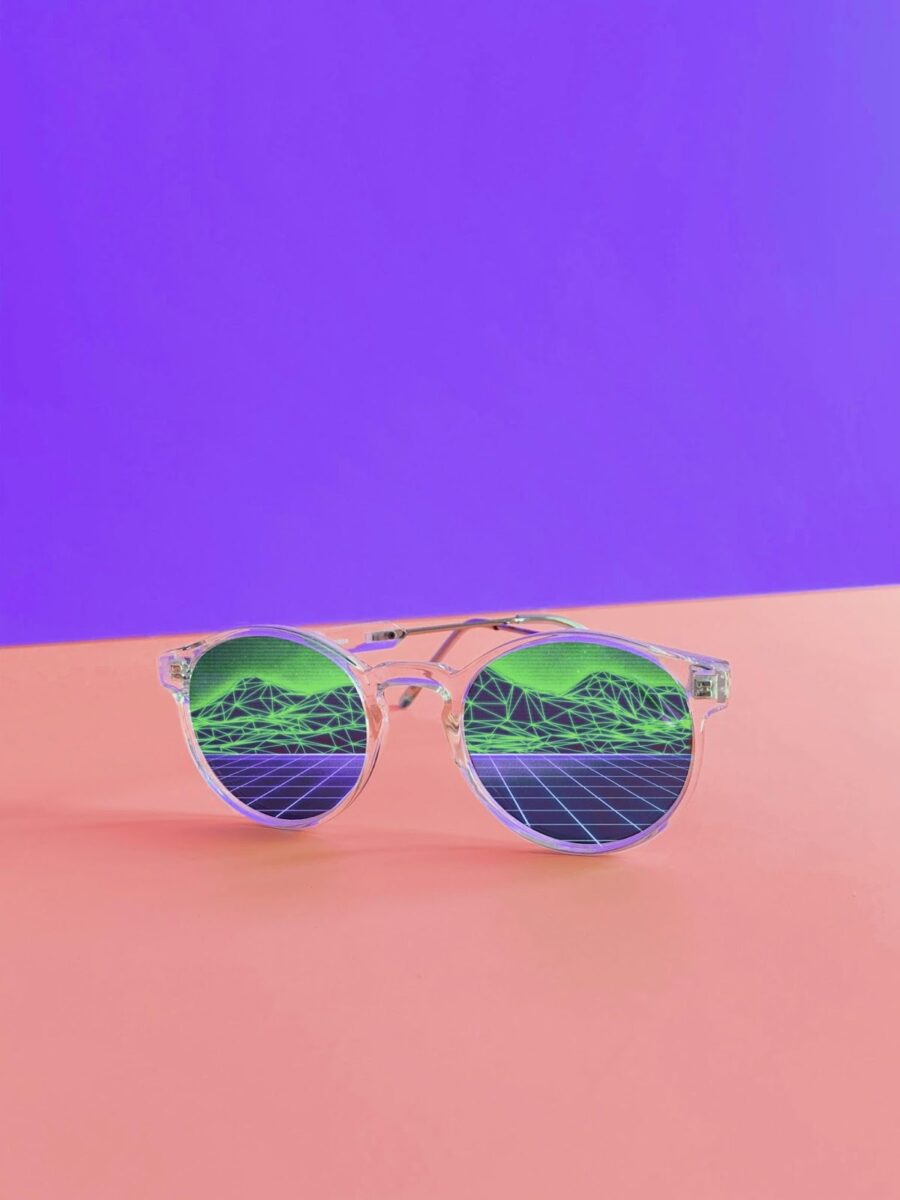
NFT and Fashion
The authentication and ownership tracing of physical fashion items that go with NFTs make them exclusive offers to owners. Say you buy a limited-edition handbag by some designer brand. The bag comes with an NFT that proves your ownership and guarantees that it’s the real thing. This may help cut off counterfeiting, which currently costs the fashion industry billions of dollars annually. More than that, such an NFT may open access for you to certain events, be it early drops of new collections or private styling.
But that is not all. NFTs are even rewriting the rulebook of digital fashion. High-end clothing brands now create digital clothes that you can buy as NFTs and wear in metaverse worlds. And as people spend more and more time in virtual realms, the need for stylish digital clothes is breaking records. The value of these digital items can be as high as, if not more than, physical items, especially when they are limited editions or designed by famous designers.
NFTs in Customer Loyalty
Loyalty programs now have a fresh breeze of innovation with the help of non-fungible tokens. Firms start rewarding buyers with unique digital assets, holders of which can collect, change, or use them to get different privileges.
For instance, a coffee shop might give NFTs for every tenth purchase, redeemable for a free drink, branded merchandise, or a discount on a future purchase. All these NFTs can be created based on customer journeys to make the experience more personalized and engaging.


